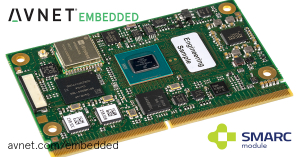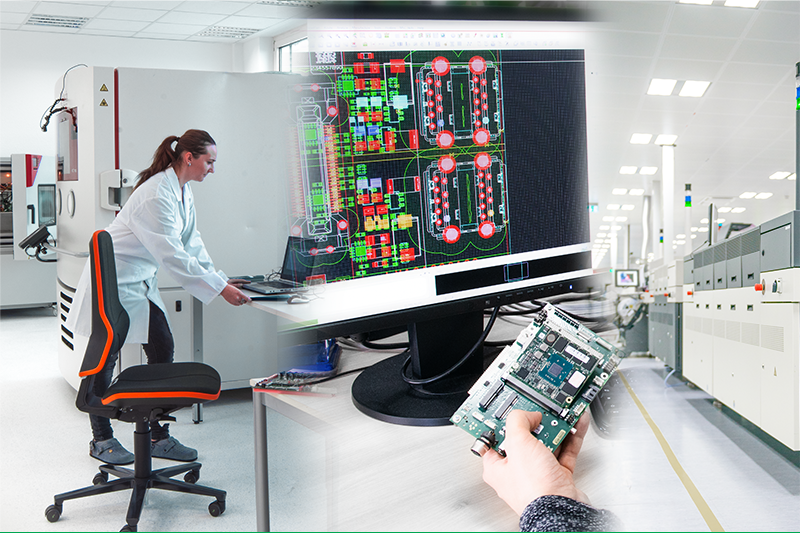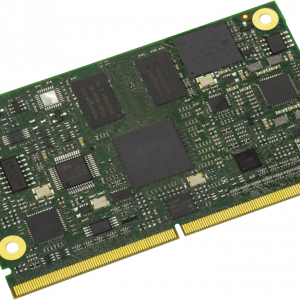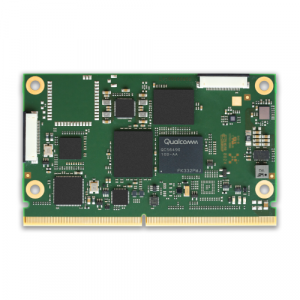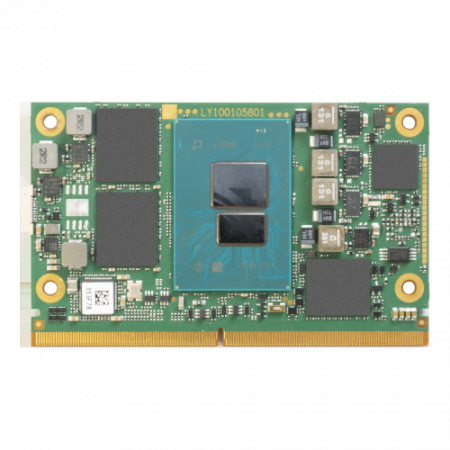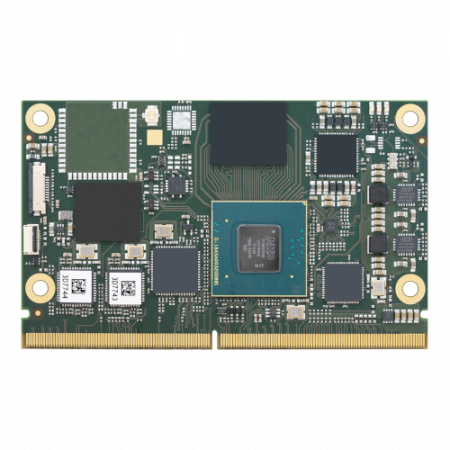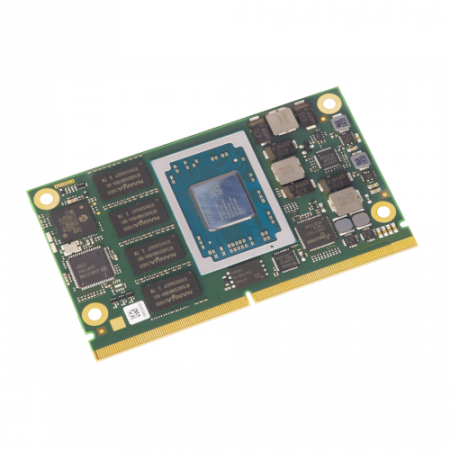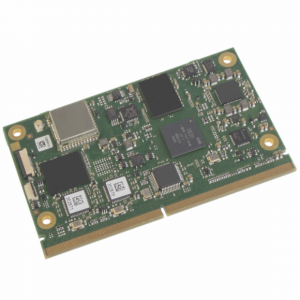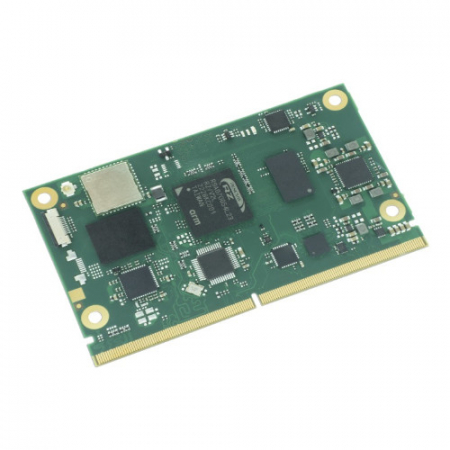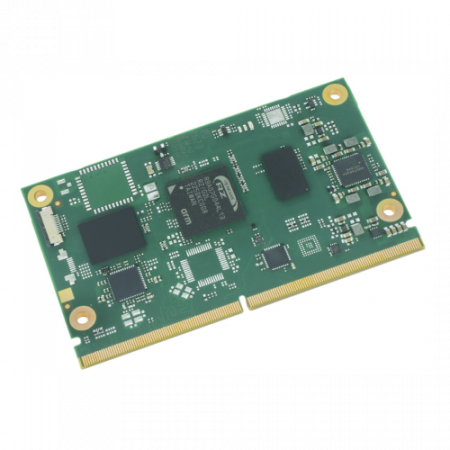What is SMARC?
Find out all you need to know about this popular design standard for modular embedded computing.
Short for ‘Smart Mobility ARChitecture’, SMARC is a popular global standard specification for Computer-on-Modules (CoM) and is often used as shorthand to describe these building blocks of embedded systems. With the support of several module vendors including Avnet Embedded, it was created in 2013 by the Standardization Group for Embedded Technologies (SGET) out of a need for a standard that would support the energy-saving ARM SoC (System-on-Chip) processors (similar to those found in tablets and smartphones) as well as low-power industrial x86 processors. And although it’s since had two updates, SMARC remains the framework for embedded modules and is used by applications that require low power, low cost, and high performance.
Today, these modules still mostly use ARM SoCs and while it’s still the hand-held hard-wearing, image-centric devices where SMARC modules come into their own, their ability to withstand extreme environmental conditions, teamed with low energy consumption makes them just as ideal for devices as that require greater computing power. However, it’s not just these clear advantages that drive demand for Avnet Embedded’s SMARC modules.
• Fast
Module by name, modular by nature, they are backwards compatible and can be added to existing boards. The beauty in this is in the speed – new features can be added quickly and therefore time to market is significantly reduced.
• Scalable
The beauty of the SMARC framework is that it is flexible, attune to the product development lifecycle and allows for module development that can meet increasing levels of need and keep up with both industry requirements and market trends.
• Compatible
The SMARC standard 314 pins are cross compatible and support both x86 and ARM processors. Both compact sizes (82 x 50mm and 82 x 80mm) can integrate into even the smallest systems and give us the flexibility to develop modules that find the proper balance of cost and performance for our customers.
• Future-proof
Designed with new interfaces in mind, the SMARC standard means that our SMARC modules are inherently upgradeable have an extended lifespan that prevents obsolescence – and are therefore highly cost-effective.
• Collaborative
We are a lead developer for the SMARC platform and work closely with SGET and other processor manufacturers, such as Intel, AMD and NXP, to provide a wide range of SMARC modules for any application.
Each of the above benefits support the continually expanding range of application areas in which our SMARC modules find themselves. We are already very familiar with their suitability for industrial controls and automation, as well as image processing/multimedia and use in powerful portable devices, but SMARC modules also have a role to play in the future of artificial intelligence solutions.
With this in mind, the video and camera interfaces on our SMARC modules are just the tip of the vision applications iceberg. This is where our role as lead developer on this technology and deep cross-industry knowledge gives our customers a distinct edge when working towards an embedded solution.
Our range of SMARC modules are designed and manufactured in-house at our technology campuses in Germany. Take a look at our full portfolio of SMARC modules or contact us to find out more.

